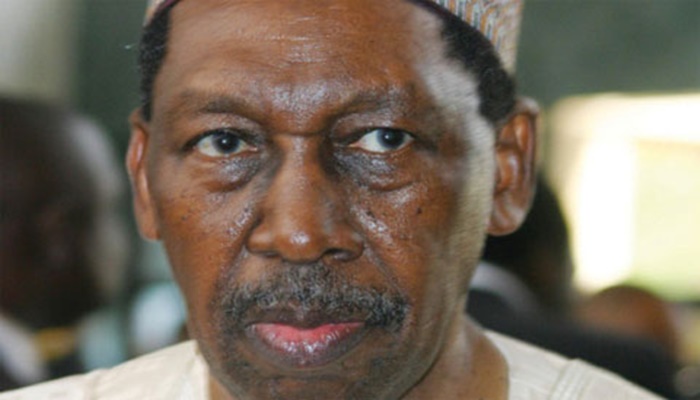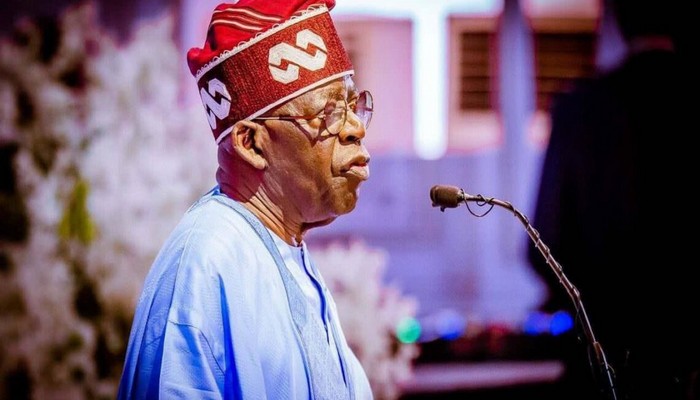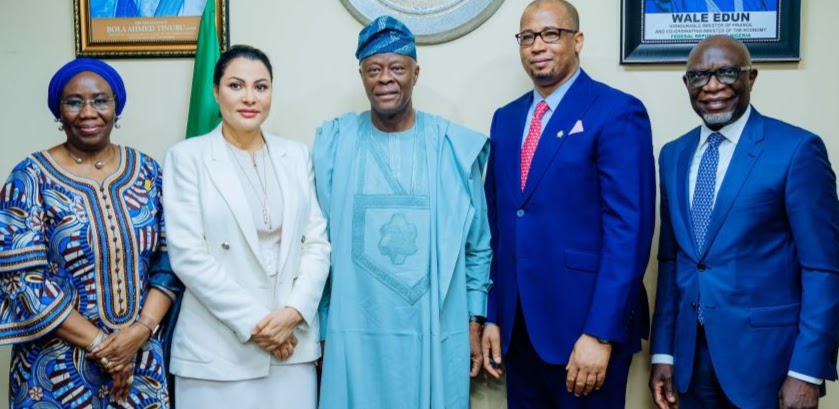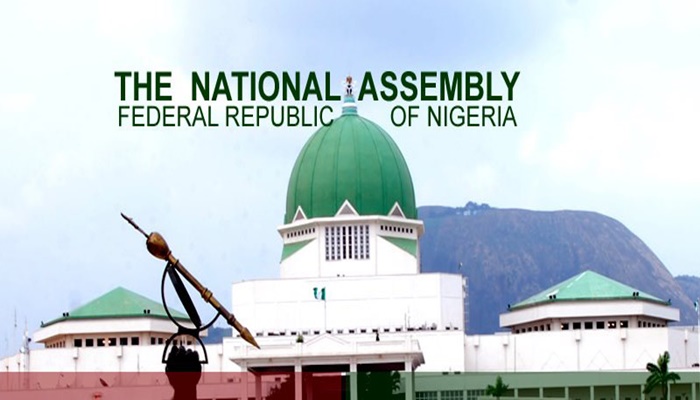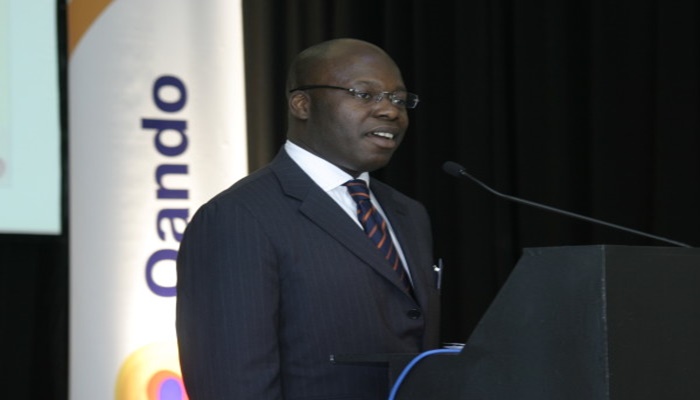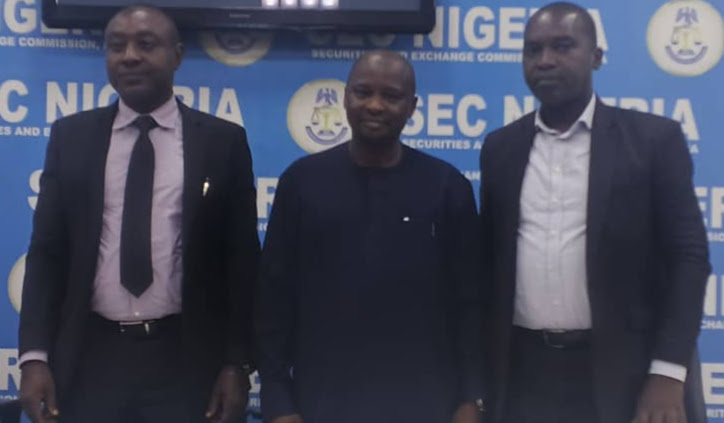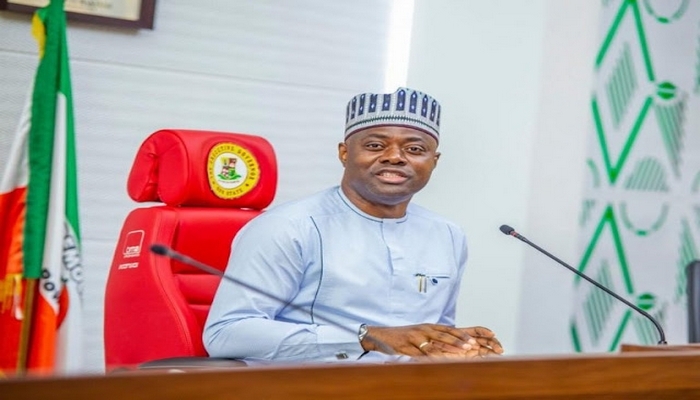Labour Party (LP) presidential candidate, Peter Obi, has accused the Independent National Electoral Commission (INEC) of failing to comply with a court order which granted the party permission to audit the Bimodal Voter Accreditation System (BVAS) machines used in the 2023 presidential election.
The Court of Appeal had in March granted an order permitting Obi and the Peoples Democratic Party (PDP) presidential candidate, Abubakar Atiku, to inspect the BVAS machines and other sensitive electoral materials used for the election.
Obi and Atiku had requested access to the electoral materials preparatory to filing their petitions to challenge the outcome of the February 25 presidential election in court.
Apart from granting them access to the materials, the court had, in its ruling delivered on March 3, also restrained INEC from tampering with the BVAS machines pending the inspection to be conducted by the candidates.
But INEC subsequently filed an ex parte application on March 4 urging the Court of Appeal to vary the ex parte order made in favour of the PDP and the LP candidates.
INEC’s request was granted after it assured the court that the data for the presidential election won’t be tempered with despite the reconfiguration.
However, Obi alleged through a member of is legal team, Awa Kalu, a Senior Advocate of Nigeria (SAN), during resumed hearing at the Presidential Election Petition Court (PEPC) on May 20, that the order of the Appeal Court has not been fully complied with.
“My lords, we still have a few hiccups at INEC because of the order that was made by this court on March 8, directing them to allow us to carry out a forensic examination of the BVAS. They have not allowed us.
“We are also waiting for some documents we requested from them,” he said.
In a related development, Obi, through his lawyers, also told the court that he had prepared 50 witnesses who would testify and present evidence to support his claim that the 2023 presidential election was rigged against him.
He requested a period of seven weeks to present his case before the court, citing “a few hiccups” encountered at INEC.
Kalu informed the court that both parties had agreed to allocate 30 minutes for star witnesses to present their evidence-in-chief, with an additional 20 minutes for cross-examination and five minutes for re-examination.
However, INEC’s lawyer, Abubakar Mahmood, SAN, stated that the electoral body had not reached any agreement with Obi or the LP regarding the allocated time for witnesses.
Mahmood also denied any knowledge of the hiccups mentioned by the petitioners, expressing his willingness to assist if any difficulties arose.
The lawyer said INEC, as the first respondent, would require three days to present its two witnesses.
In his response, Bola Ahmed Tinubu, the All Progressives Congress (APC) presidential candidate, through his lawyer, Roland Otaru, SAN, told the court that he would call 21 witnesses, excluding expert witnesses, over a period of nine days to defend his victory in the election.
Similarly, the APC’s counsel, Niyi Akintola, SAN, said the party would present seven witnesses, excluding those to be subpoenaed, within a nine-day timeframe.
All respondents requested a 48-hour notice before any expert witnesses would testify in the case.
Obi and the LP argued in their petition that at the time Tinubu’s running mate, Kashim Shettima, became the vice presidential candidate, he was still nominated as the APC candidate for the Borno Central Senatorial election.
They also challenged Tinubu’s eligibility, alleging that he was previously indicted and fined $460,000.00 by a United States District Court for an offense involving dishonesty and drug trafficking.
Obi, who came third according to results announced by INEC, claimed that the election was invalid due to corrupt practices and non-compliance with the provisions of the Electoral Act, 2022.
He argued that INEC breached its own regulations and guidelines by not prescribing and deploying technological devices for voter accreditation, verification, continuation, and authentication as required.
The petitioner sought a declaration from the court that Tinubu was not qualified to contest the election and that all votes recorded for him were wasted.
He also requested the court to determine that he received a majority of lawful votes and satisfied constitutional requirements to be declared the winner.
In the alternative, he called for the cancellation of the election and the conduct of a fresh election in which Tinubu, Shettima, and the APC would not participate.






